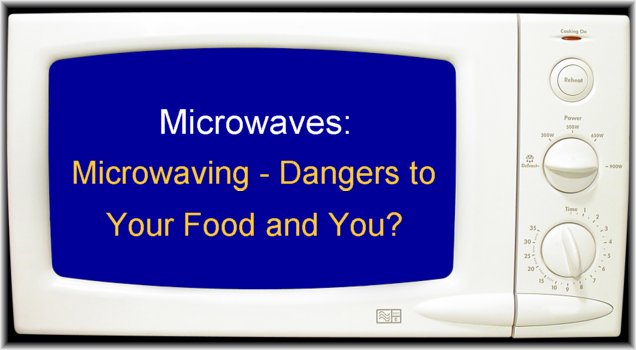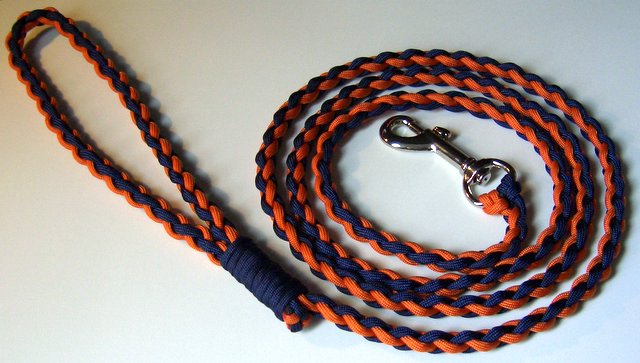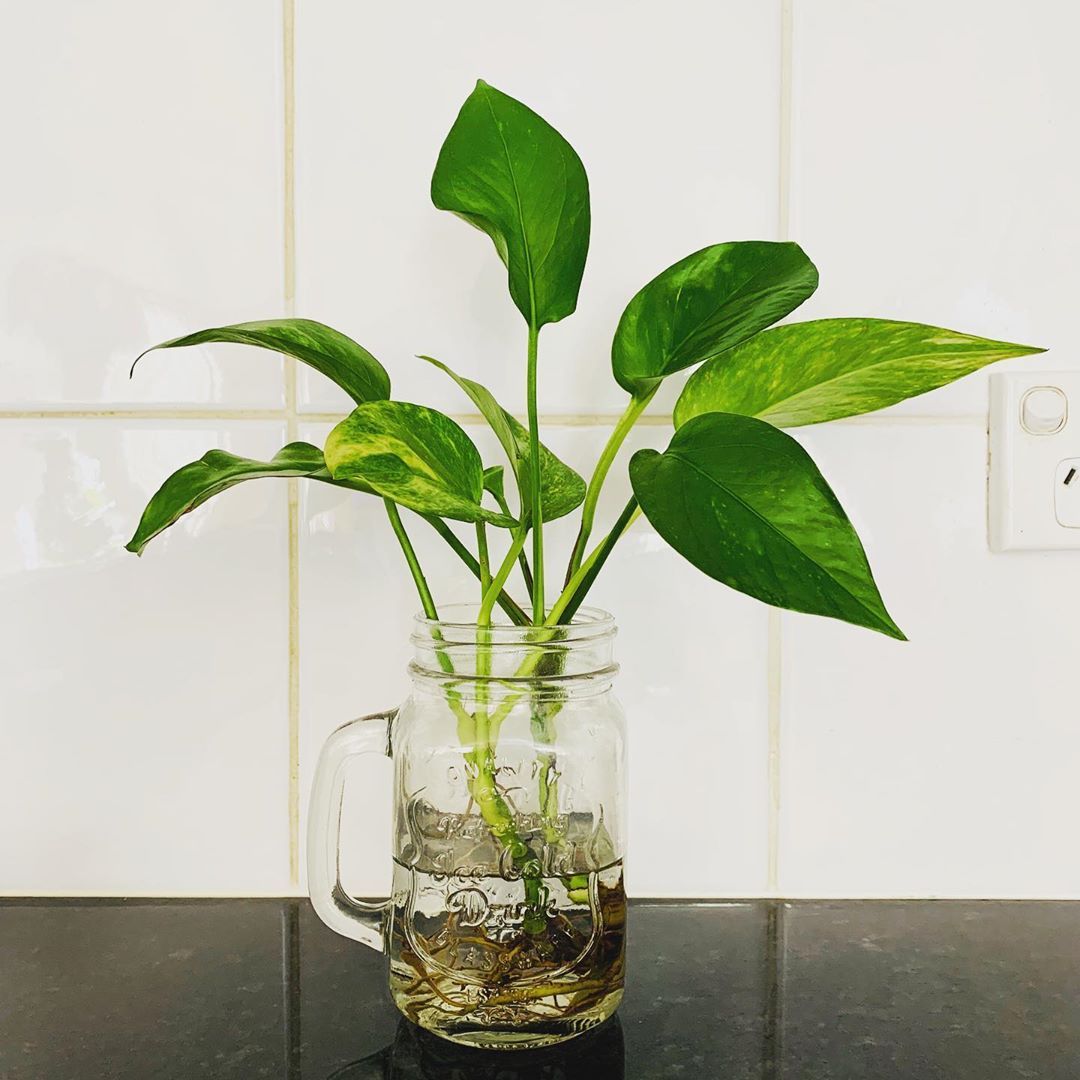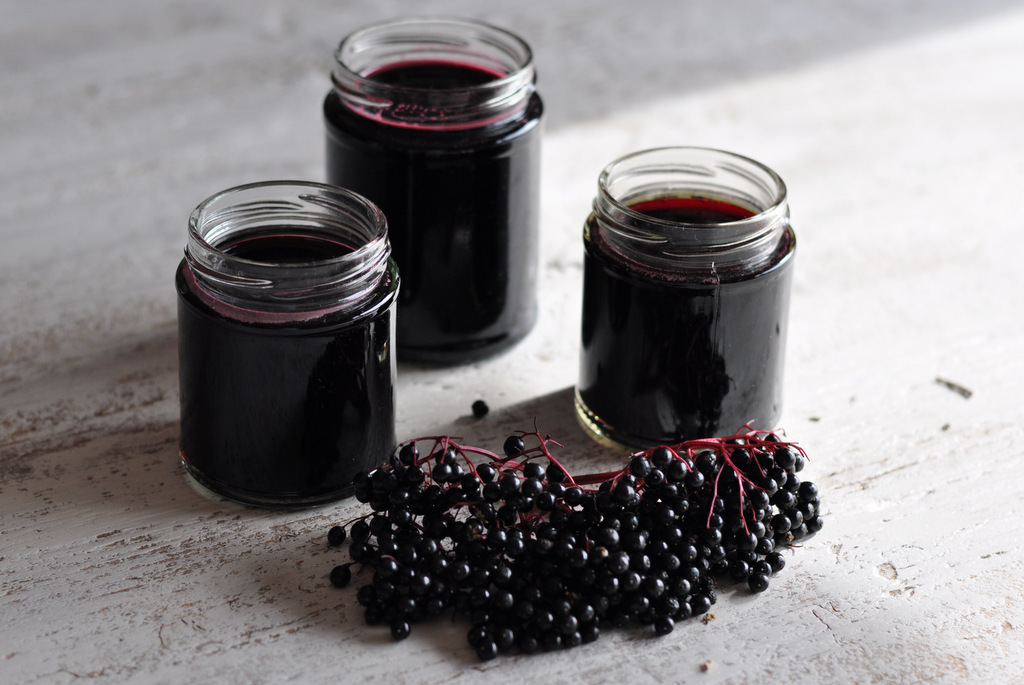3 Reasons Why Microwaves May be Dangerous
Published on August 2nd 2017 by Madhumita Talukder under Green Living Ideas
A microwave oven occupies a recognizable corner in almost 95% of American kitchens nowadays. After all, the lure of getting a sizzling meal within 2 or 3 minutes can hardly be ignored. But what about the quality of food cooked therein? Do microwaves really harm food? Let’s find out.
How are Microwaves Harmful
Dangers of Microwave Ovens |
Harmful Effects and Health Hazards |
Safety and Precautions |
| 1.Electromagnetic Radiation: Water molecules present in foods, vibrate due to high levels of energy waves, thereby changing their molecular structure, lessening the nutrient content, and giving rise to dangerous microbes | a) E coli growth in foods such as raw beef, milk, and pork, increasing risk of kidney failure and diarrhea
b) Increased lysozyme activity in babies, often causing typhoid c) Infections due to the sudden outburst of hazardous bacteria |
a) Let the food to stand for at least a minute after reheating before you eat
b) Use a clean food thermometer to check if the food has reached 165°F, as bacteria do not grow at high temperatures |
| 2. Toxins and carcinogens: The plastic wrappers and utensils used to contain and heat meals in a microwave release carcinogens and other deadly toxic chemicals into your food when they are heated | a) The synthetic compound, Bisphenol A (BPA), found in plastic wraps can lead to changes in ovary, uterus, and vagina during pregnancy
b) BPA is also harmful to babies c) The toxins may also cause or worsen problems like cardiac disease, mental disorders, allergies, high blood pressure and obesity |
a) Use microwave safe disposable paper, glass or ceramic food containers, or baby bowls made of food grade plastic
b) Before microwaving, examine the labelling on the package to ensure it is microwave-safe c) Use baby bottles made from BPA- and phthalate-free plastic |
| 3. Uneven Heating: A food item contains a number of ingredients that have different heat absorbing capacities. The water contents take less time to heat up compared to solids. Consequently, unpleasant hot/cold spots are created in foods. | a) Along with a marked decrease in the food’s quality, there is a chance of it being unsafe for consumption, since many microorganisms may not be destroyed in the cold spots
b) In case of baby bottles, if the outer surface feels cool while the inside is extremely hot, it may lead to burns |
a) Put a lid over the food to hold in moisture and heat for safe heating
b) Make sure to give enough time for the whole food to heat up evenly, depending on the amount |
Is it Dangerous to Stand in Front of a Microwave
Sometimes it is said that standing near a microwave can also cause harm. But there being no evidence to support the theory, it is now considered a myth. Moreover, several studies have also proved the level of radiation is fairly minute. Interestingly, certain disease‑causing bugs get destroyed when the right time and temperatures are maintained while heating meals in microwaves. So, use microwaves but to avoid its harmful effects, make sure to adopt the correct precautions.
Popular
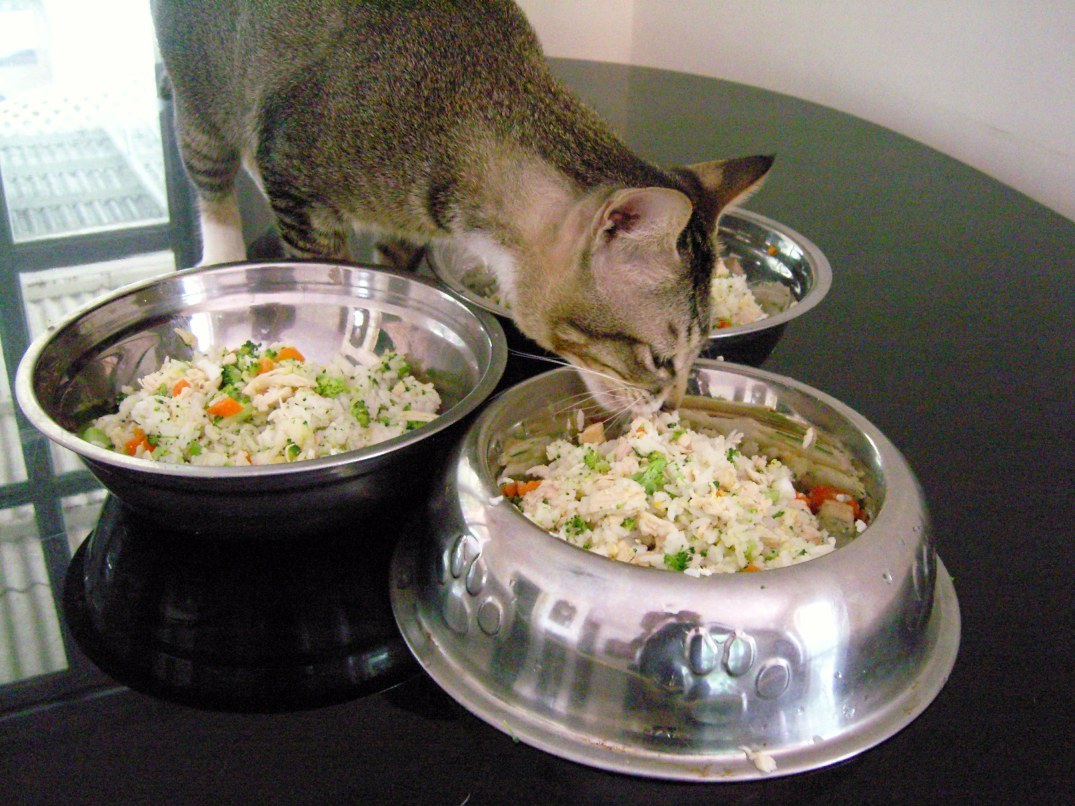 DIY: Healthy Homemade Cat Food Recipes
DIY: Healthy Homemade Cat Food Recipes
Give occasional treats to your loving pet cat with the best nutritious homemade dishes, rather […]
 How to Lighten Hair Naturally
How to Lighten Hair Naturally
Best homemade recipes for making your own natural hair lighteners! Try making your own hair […]
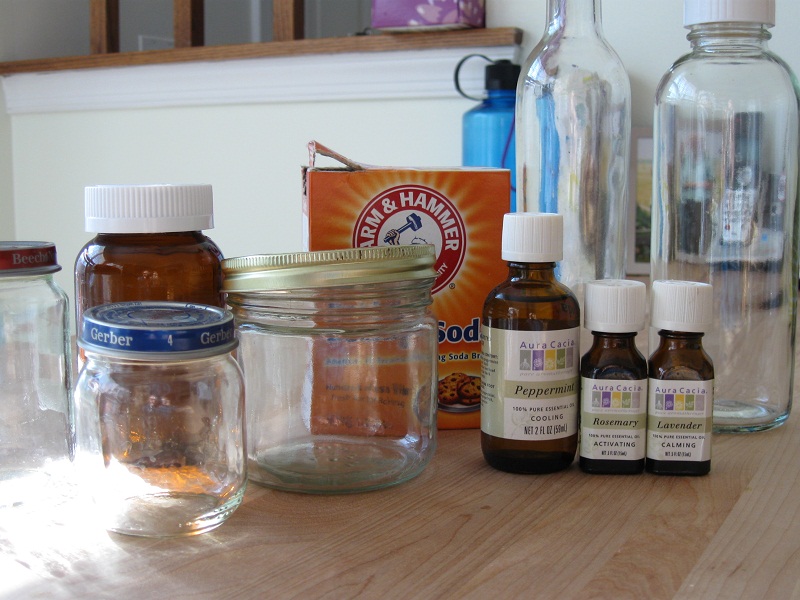 9 Best Homemade Natural Mouthwash Recipes
9 Best Homemade Natural Mouthwash Recipes
Smile more; talk more to your friends confidently trying these mouthwash recipes! Bad breath is […]
Prepare your own tooth powder at home for healthy gums and teeth. The recipes given […]
As the name suggests, wool dryer balls serve the same purpose as plastic PVC or […]

